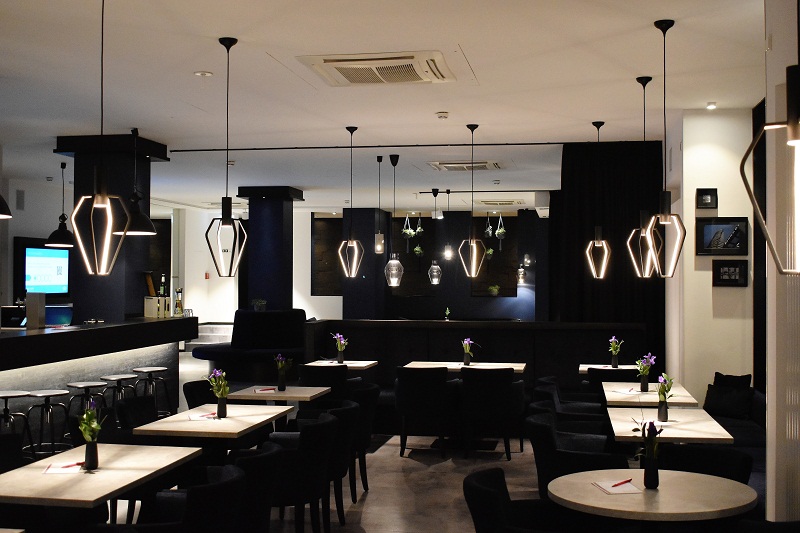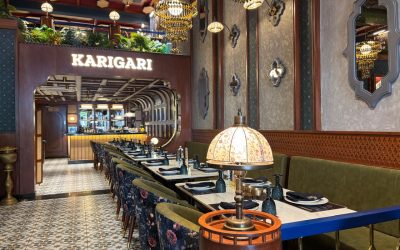The Restaurant Industry with an annual turnover of approximately Rs 4.25 lakh crore and providing direct employment to over 7 million Indians is currently in a very precarious situation due to the closures and restrictions imposed on account of second wave of the pandemic. The sector continues to fight a grim battle for its survival.
Just when it seemed that the industry was recovering from the travails of the first lockdown and bracing for some normalcy, this second wave of COVID has come as a rude shock. For an Industry already burdened with massive losses of the last year, this has come as a body blow that many will not be able to withstand unless actively supported by all stakeholders.
To resolve the issue, NRAI has written individually to all prominent mall owners and an open letter to other landlords suggesting certain immediate measures to prevent instant death of businesses, which leave behind a trail of unfulfilled dreams, job losses and lastly, massive unwanted litigation. Uncertainties around the virus and signs of low consumer sentiments are very visible and that doesn’t augur well for anyone, be it property owners or business operators.
NRAI received several representations from its members requesting its intervention. NRAI also feels that as a responsible Industry body, it must speak on behalf of the fraternity and facilitate such a dialogue for the benefit of everyone in the ecosystem. Notwithstanding the individual commercial terms between individual landlords and tenants, NRAI has suggested the following broad guidelines to resolve this issue:
- Complete waiver of rentals and CAM till such period that the business is shut for unrestricted dine-in business.
- Pure revenue share for the period when restricted operations are permitted. Restricted operations shall mean things like Delivery Only or Limited hours of operations or Limited Capacity utilisation etc
- No Minimum guaranteed rents for six months post that and instead work on a pure revenue share model.
- For stores with longer past occupancy record, this revenue share can alternatively be linked to their sale as a percentage to their past period sale.
- CAM during this period to be maintained at 50% of the agreed rate.
Anurag Katriar, President, NRAI said, “Firstly, I am happy to say that most of the big and prominent landlords were very generous and offered significant concessions towards our survival during the first lockdown and I profusely thank them for their generosity. However, there is a bigger challenge with this second wave. While both waves of pandemic dealt a crippling blow to us, there is a big difference this time. While resource crunch was at the core of our problems during phase one and forced significant mortalities, this second wave may actually hurt us more in the long term due to low and subdued consumer sentiments. It is a much deeper problem.
He went on to say, “With high fixed overheads, expected restrictions on operating hours, revised social distancing norms and reduced capacity utilisation, any drop in consumer sentiments can be catastrophic for the sector. We surely have a grim battle at hand and the most potent and effective way to fight this is to redefine our mutual relationship and business model. I reckon that for the survival of F&B industry through this second wave, revenue share is a very fair model that will ensure that malls don’t lose out if we see an unexpected early surge in business volumes. I am fairly certain that as long-standing business partners of ours, the landlords will once again extend their support in these times of unprecedented crisis”.
NRAI will soon initiate similar proactive dialogues with other stakeholders in the food service space such as aggregators, various state Governments and the Union Government.






